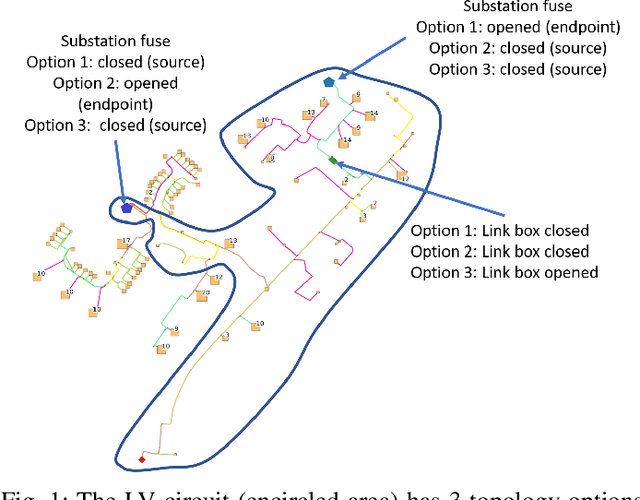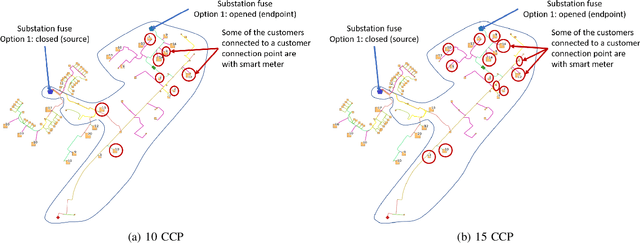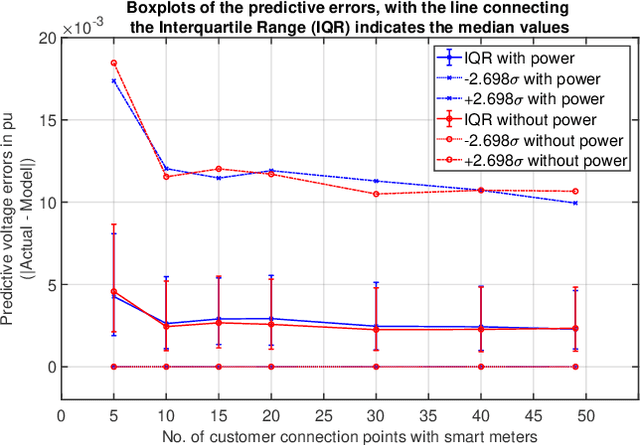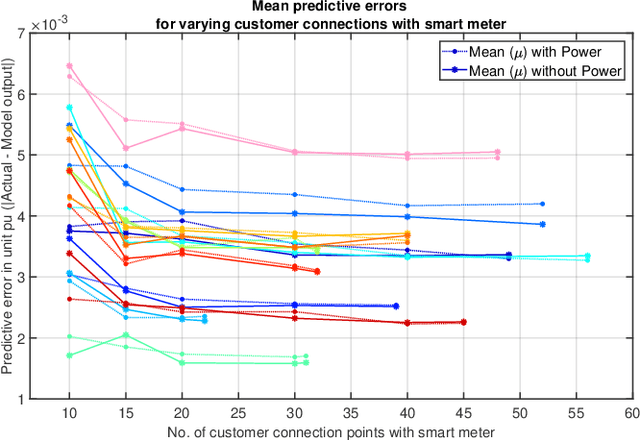Maizura Mokhtar
Consider ethical and social challenges in smart grid research
Nov 26, 2019Abstract:Artificial Intelligence and Machine Learning are increasingly seen as key technologies for building more decentralised and resilient energy grids, but researchers must consider the ethical and social implications of their use
* Preprint of paper published in Nature Machine Intelligence, vol. 1 (25 Nov. 2019)
Predicting the Voltage Distribution for Low Voltage Networks using Deep Learning
Jun 19, 2019



Abstract:The energy landscape for the Low-Voltage (LV) networks are beginning to change; changes resulted from the increase penetration of renewables and/or the predicted increase of electric vehicles charging at home. The previously passive `fit-and-forget' approach to LV network management will be inefficient to ensure its effective operations. A more adaptive approach is required that includes the prediction of risk and capacity of the circuits. Many of the proposed methods require full observability of the networks, motivating the installations of smart meters and advance metering infrastructure in many countries. However, the expectation of `perfect data' is unrealistic in operational reality. Smart meter (SM) roll-out can have its issues, which may resulted in low-likelihood of full SM coverage for all LV networks. This, together with privacy requirements that limit the availability of high granularity demand power data have resulted in the low uptake of many of the presented methods. To address this issue, Deep Learning Neural Network is proposed to predict the voltage distribution with partial SM coverage. The results show that SM measurements from key locations are sufficient for effective prediction of voltage distribution.
 Add to Chrome
Add to Chrome Add to Firefox
Add to Firefox Add to Edge
Add to Edge